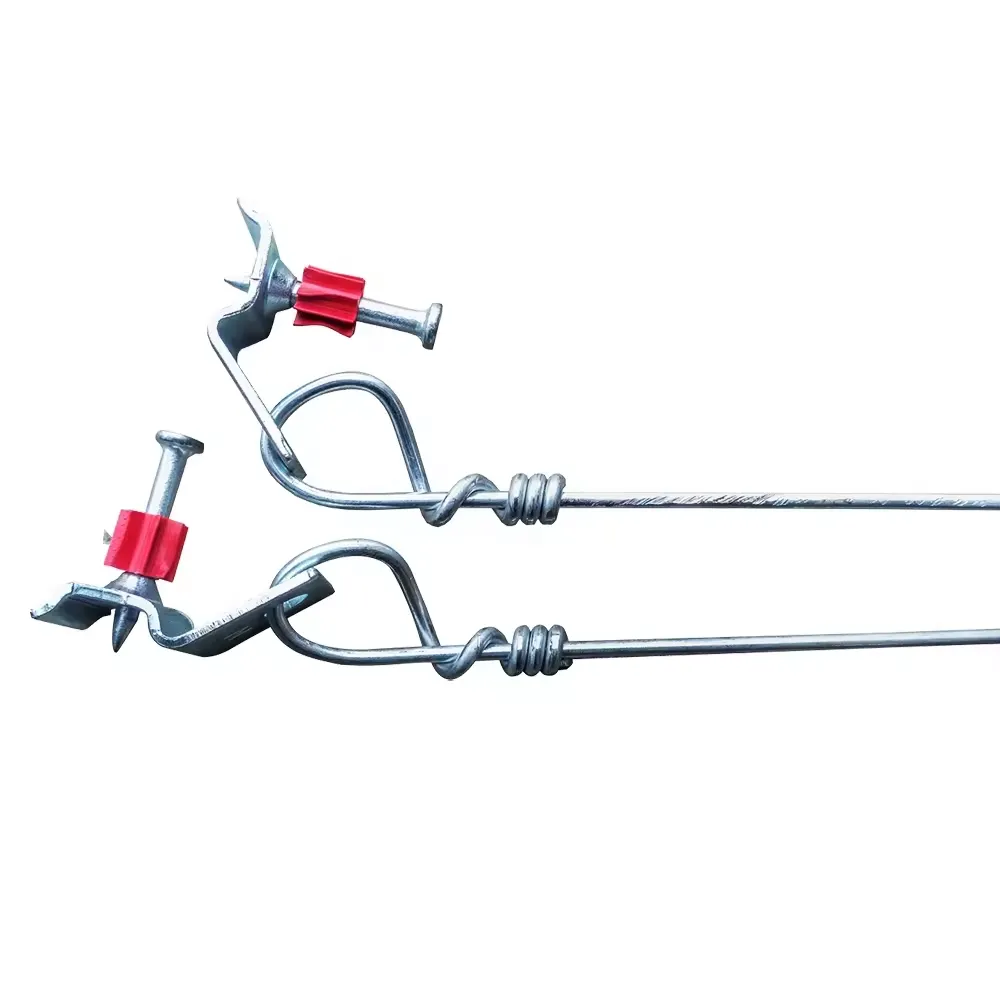fine mesh screen material
Understanding Fine Mesh Screen Materials Applications and Advantages
Fine mesh screen materials are vital components across various industries, known for their ability to filter, separate, and manage particulate matter in diverse applications. These screens, composed of various materials, provide effective solutions in sectors ranging from food processing to pharmaceuticals and wastewater management. This article delves into the significance, types, and advantages of fine mesh screen materials.
What is Fine Mesh Screening?
Fine mesh screening refers to the use of screens with a mesh size that allows the separation of fine particles from coarser materials or liquids. The mesh size can vary dramatically, but typically it ranges from 1 to 100 microns, depending on the application. Materials used for fine mesh screens include stainless steel, nylon, polyester, and other synthetic fibers. The choice of material is crucial as it influences the screen’s durability, resistance to chemicals, and overall performance.
Types of Fine Mesh Screen Materials
1. Stainless Steel This is one of the most popular materials for fine mesh screens due to its exceptional strength and resistance to corrosion. Stainless steel mesh can withstand high temperatures and is easier to clean, making it an ideal choice for food and pharmaceutical applications.
2. Nylon Nylon screens are lightweight, flexible, and resistant to wear and tear. They are often used in industries where exact filtration is required, such as in seed cleaning and liquid filtration processes.
3. Polyester Similar to nylon, polyester mesh is inexpensive and widely used in various applications. It offers good chemical resistance and is commonly utilized in screen printing and liquid filtration.
4. Fiberglass Fiberglass mesh provides a balance between strength and flexibility, often employed in filtration systems and as reinforcement in composite materials.
Applications of Fine Mesh Screens
Fine mesh screens are utilized in numerous applications across different industries. Some of the most common applications include
- Food and Beverage Processing In this industry, fine mesh screens are critical for separating solids from liquids, ensuring purity and hygiene in products like juices, beers, and sauces.
fine mesh screen material

- Water Treatment Fine mesh screens help in filtering impurities from water, playing a vital role in wastewater management systems and drinking water purification
.- Pharmaceutical Manufacturing The need for strict contamination control makes fine mesh screens indispensable in the production of medicines and health supplements.
- Mining and Minerals In mineral processing, fine mesh screens are used to separate valuable minerals from unwanted materials, enhancing overall efficiency in the extraction process.
Advantages of Fine Mesh Screen Materials
The use of fine mesh screen materials comes with multiple benefits
1. Efficiency in Filtration Fine mesh screens allow for precise filtration, capturing even the smallest particles, thus improving the quality of the end product.
2. Durability High-quality fine mesh screens are designed to withstand harsh environments, chemicals, and high temperatures, ensuring longevity and reducing maintenance costs.
3. Versatility Different types of materials and mesh sizes provide versatility in application, allowing customization to suit specific filtration needs.
4. Cost-Effectiveness Investing in durable and efficient fine mesh screens can lead to long-term savings by reducing the need for frequent replacements and mitigating costly contamination issues.
5. Improved Safety and Compliance In industries like food processing and pharmaceuticals, using fine mesh screens helps meet stringent regulatory standards, ensuring safety and compliance.
Conclusion
Fine mesh screen materials play a crucial role in various industrial processes, providing effective filtration and separation solutions. Their diverse applications and numerous advantages make them invaluable in maintaining product quality and operational efficiency. As industries continue to evolve, the demand for innovative fine mesh screening solutions will likely increase, leading to further advancements in material technology and design. Understanding these materials and their applications helps businesses optimize their processes and enhance product quality, ultimately contributing to their success in competitive markets.
-
Space-Saving Chain Fence Hacks Vertical Gardening with Cyclone MeshNewsJul.16,2025
-
Innovations in Iron Nail Wire Production for Modern ConstructionNewsJul.16,2025
-
Creative Uses of Wire Netting Fence in Modern Landscape DesignNewsJul.16,2025
-
Barbed Wire Fence Innovations in Anti-Climb TechnologyNewsJul.16,2025
-
Architectural Uses of Umbrella Nails for Aesthetic Roof DesignsNewsJul.16,2025
-
Architectural Uses of Razor Barbed Wire in Secure Urban DesignNewsJul.16,2025




